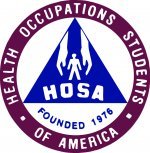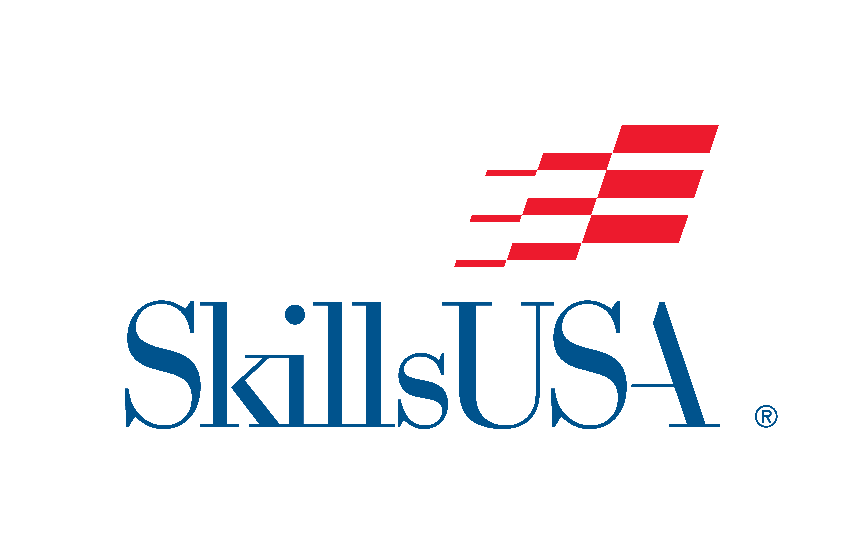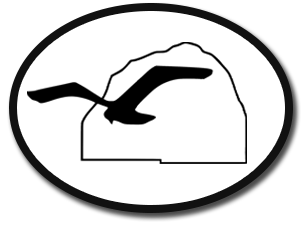Student Organizations
HATC students have the opportunity to compete on the following Career Technical Student Organizations (CTSO's):
DECA is an association of students who are planning careers in marketing, management, and entrepreneurship. Throughout the year, students are offered the opportunity to participate in many conferences that focus on DECA's four main goals:
1) Vocational Understanding, 2) Leadership Development, 3) Civic Consciousness, 4) Social Understanding
DECA offers the New York City Marketing Mini Conference that allows students to study the fashion industry or sports and entertainment marketing.
Leadership conferences are held each fall in places like Milwaukee, Wisconsin; Grand Rapids, Michigan; and Minneapolis, Minnesota.
Students may also participate in competitive events. Examples of occupational areas that students can compete in are:
Retail Merchandising
Apparel and Accessories Marketing
Sports and Entertainment Marketing
Travel and Tourism Marketing
Financial Services
For More Information Visit www.deca.org
1) Vocational Understanding, 2) Leadership Development, 3) Civic Consciousness, 4) Social Understanding
DECA offers the New York City Marketing Mini Conference that allows students to study the fashion industry or sports and entertainment marketing.
Leadership conferences are held each fall in places like Milwaukee, Wisconsin; Grand Rapids, Michigan; and Minneapolis, Minnesota.
Students may also participate in competitive events. Examples of occupational areas that students can compete in are:
Retail Merchandising
Apparel and Accessories Marketing
Sports and Entertainment Marketing
Travel and Tourism Marketing
Financial Services
For More Information Visit www.deca.org

What is HOSA?
HOSA is a national organization for secondary and post-secondary/collegiate career and technical education students enrolled in Health Occupations Education (and pre-technical health occupations) programs. The activities of HOSA are in integral part of the instructional program that provides occupational skills as well as leadership skills. HOSA was officially formed in November 1976, and comprises state associations organized under the auspices of the appropriate state education agency or other approved institutions.
Local HOSA chapters provide programs and activities to help individuals develop their physical, mental and social well-being. Members strengthen their leadership and citizenship abilities through interaction with professional, business, and other student organizations.
HOSA members have the opportunity to share experiences with other people involved in health occupations. Members build confidence in their own ability to develop skills that will lead to successful employment in the field of health.
How does HOSA work?
A student enrolled in any Health Occupations Education program (for example, Dental Assisting, Medical Assisting, Medical Laboratory Assisting, Practical Nursing, and others) at any high school or postsecondary/collegiate institution across the country has the opportunity to join with other students and form a local HOSA chapter under the supervision of the classroom instructor, who also serves as the HOSA chapter advisor. These students and the advisor submit the Chapter Affiliation Application forms and fees to HOSA. Upon receipt of membership cards, the chapter is affiliated with the Health Occupations Students of America as a chartered chapter. The chapter is also responsible for affiliating with the state association as directed by the state advisor.
HOSA members are involved in community-oriented, career-related, and leadership development activities. Students from all local chapters attend regional and statewide conferences for leadership training and chapter management workshops and participate in HOSA competitive events that test and recognize students' competencies and related skills in their chosen health occupation. All affiliated state associations conduct state leadership conferences and send as many members as possible and state competitive event finalists (three) in each of the approximately 50 competitive events to the annual HOSA National Leadership Conference in June.
For more information visit www.hosa.org.
HOSA is a national organization for secondary and post-secondary/collegiate career and technical education students enrolled in Health Occupations Education (and pre-technical health occupations) programs. The activities of HOSA are in integral part of the instructional program that provides occupational skills as well as leadership skills. HOSA was officially formed in November 1976, and comprises state associations organized under the auspices of the appropriate state education agency or other approved institutions.
Local HOSA chapters provide programs and activities to help individuals develop their physical, mental and social well-being. Members strengthen their leadership and citizenship abilities through interaction with professional, business, and other student organizations.
HOSA members have the opportunity to share experiences with other people involved in health occupations. Members build confidence in their own ability to develop skills that will lead to successful employment in the field of health.
How does HOSA work?
A student enrolled in any Health Occupations Education program (for example, Dental Assisting, Medical Assisting, Medical Laboratory Assisting, Practical Nursing, and others) at any high school or postsecondary/collegiate institution across the country has the opportunity to join with other students and form a local HOSA chapter under the supervision of the classroom instructor, who also serves as the HOSA chapter advisor. These students and the advisor submit the Chapter Affiliation Application forms and fees to HOSA. Upon receipt of membership cards, the chapter is affiliated with the Health Occupations Students of America as a chartered chapter. The chapter is also responsible for affiliating with the state association as directed by the state advisor.
HOSA members are involved in community-oriented, career-related, and leadership development activities. Students from all local chapters attend regional and statewide conferences for leadership training and chapter management workshops and participate in HOSA competitive events that test and recognize students' competencies and related skills in their chosen health occupation. All affiliated state associations conduct state leadership conferences and send as many members as possible and state competitive event finalists (three) in each of the approximately 50 competitive events to the annual HOSA National Leadership Conference in June.
For more information visit www.hosa.org.

SkillsUSA-VICA provides local, state, and national competitions in which students demonstrate their occupational and leadership skills. These contests recognize the achievements of career and technical education students and encourage them to strive for excellence and pride in their chosen fields.
The National SkillsUSA Championships event is held annually. More than 3,800 students compete in 66 occupational and leadership skill areas. Working against the clock and each other, the participants prove their expertise in skills such as electronics, technical drafting, precision machining, medical assisting, and culinary arts. There are also competitions in leadership skills, such as extemporaneous speaking and conducting meetings by parliamentary procedure.
Technical committees made up of representatives of labor and management plan the contests. Local representatives of education and industry assist the national technical committee. Safety practices and procedures are judged and graded.
Students benefit from the competition no matter how they place in the finals. They learn more about their skills and often make future job contacts.
The National SkillsUSA Championships event is held annually. More than 3,800 students compete in 66 occupational and leadership skill areas. Working against the clock and each other, the participants prove their expertise in skills such as electronics, technical drafting, precision machining, medical assisting, and culinary arts. There are also competitions in leadership skills, such as extemporaneous speaking and conducting meetings by parliamentary procedure.
Technical committees made up of representatives of labor and management plan the contests. Local representatives of education and industry assist the national technical committee. Safety practices and procedures are judged and graded.
Students benefit from the competition no matter how they place in the finals. They learn more about their skills and often make future job contacts.



